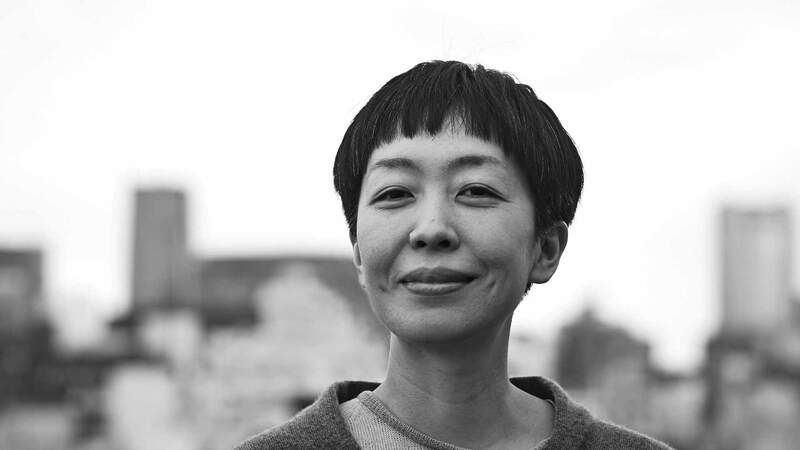You are viewing your 1 free article this month. Login to read more articles.
Indies increasingly dominating translated fiction
Indie presses are increasingly dominating translated fiction because of the way they find and promote authors, according to an analysis of the longlists for the Booker International Prize and its predecessor.
This year’s longlist was announced on 27th February and featured nine indies with titles including Hurricane Season by Fernanda Melchor (Fitzcarraldo Editions) and Red Dog by Willem Anker (Pushkin Press). According to a study by Dr Richard Mansell, from the University of Exeter, dominance of smaller presses on the international longlist is growing.
Dr Mansell looked at 272 titles from the Man Booker International Prize from 2016 to 2019 and its predecessor, the Independent Foreign Fiction Prize, which ran from 2001 to 2015.
He found, whereas the “big five” had 55% of the longlists between 2001 and 2005 (33 out of 60 titles), this fell to 47% between 2006 and 2010 (40 out of 84 titles), declining to just 36% in 2016 and 2019 (19 out of 52).
Random House, and later Penguin Random House, dominated the figures, mostly through The Harvill Press and Harvill Secker, but in recent years there has been a movement away from titles from the big firms.
Instead, small independent publishers created since 2001 such as Peirene and Fitzcarraldo, have moved in alongside established names Saqi, Arcadia, Granta, Pushkin and Profile, plus the larger indies like Canongate, Faber & Faber and Bloomsbury.
Dr Mansell noted there was no such trend evidenced in longlists for non-translated fiction. He said: “This data indicates more prestige is still amassed by the big five publishers in non-translated fiction, but it shows change is happening right now in translated fiction. Positions of power of publishers are not as stable as they were. On the one hand, this has provoked changing practices amongst some of the big five, such as HarperCollins’s decision to launch Harper Via, an imprint dedicated to translated fiction. On the other, it demonstrates that translated fiction is a more fertile ground for success for small independent publishers.”
For the Man Booker International longlists, PRH had 10 titles, Hachette had eights, followed by Granta on six, Fitzcarraldo with five and four from Profile. Dr Mansell noted all Hachette’s entries were down to its acquisition of Quercus and its imprint MacLehose Press.
The study claims an important reason why small independent publishers are growing is because of the way they discover and promote authors and titles thanks to networks of writers and translators, and the riskier choices they take.
Dr Mansell said: “Translated fiction is not beholden to the same market logic as non-translated fiction, and activism is helping translators and publishers change the status quo. This has created instability in publishing translated fiction, so their work has more opportunity of securing lasting change. This is a vital task, since as this research demonstrates, there is a lot more to be done to achieve greater equality and diversity.”
The data also shows that, apart from 2018 and 2019, the longlists were dominated by men. Between 2001 and 2017, male authors took up between 63% and 94% of the lists. The research also shows in the past two decades most books on the awards longlists have been translated from French, German and Spanish.
















